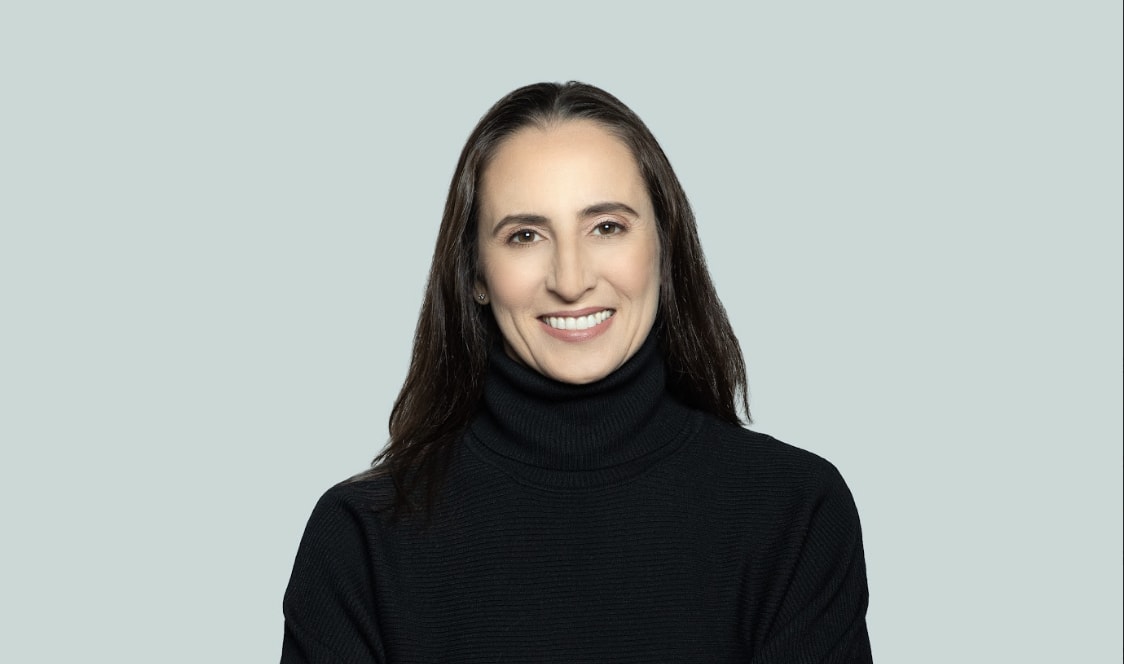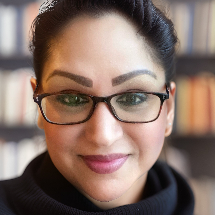The Necessity of Seamless Care in Improving Education: Insights from Dr. Dana Battaglia





- Dr. Dana Battaglia, speech-language pathologist, spoke on The Recovery.com Podcast.
- We discussed her role at schools and challenges students face.
- In a dream world, seamless care would meet student's needs before they became severe.
We were honored to talk with speech-language pathologist, educator, and TEDx speaker Dr. Dana Battaglia on our recent podcast episode. Hosted by our Editor-in-Chief and clinical psychologist, Dr. Malasri Chaudhery-Malgeri, we discussed the special education system as a whole, where it can improve, and resources for parents.
Tune into this episode for a deep dive into adolescent mental health, how schools navigate their ever-increasing needs, and how seamless mental health and learning support can help students thrive.
Bringing Experience and Passion to Special Education
Dr. Dana Battaglia is a wife and mother passionate about effective communication and equal-opportunity learning.
To the special education system, she brings vast knowledge and experience with literacy disabilities, autism spectrum disorder, and communication. In her current work as Chair of the Committee on Special Education at the Westbury Union Free School District, she determines if students have a disability. To have a disability, students must fall under one or more of the 13 educational classifications, which include autism, emotional disorders, and speech impairments. Dr. Battaglia has worked as an Associate Professor and Clinical Coordinator at the Genesis/Eden II Programs.
Reactivity vs. Proactivity in Special Education
Dr. Battaglia outlines the need for proactive care, saying, “…by the time they get to me, a student is really in disarray if they truly do have a disability.” Students come to her only after they’ve experienced academic difficulties, which then gets treatment rolling.
However, Dr. Battaglia notes that the system has improved in the last twenty years. Mental health is recognized as an important aspect of student health, opening up doors to comprehensive treatment for both students and their parents. But by the time students have their needs recognized, their well-being and academic success have often already been affected.
Explore Depression Treatment Centers
Rising Mental Health Needs and Emotional Disabilities
Mental health conditions and diagnosed emotional disabilities have been on the rise, Dr. Battaglia notes. She sees literacy disorders leading to addiction as a means to cope with academic stress. COVID-19 has also created spotty, inconsistent education and classroom experiences, causing some students to fall behind socially and academically.
Due to increased need, students who experienced sexual assault and abuse encounter long waiting lists for more intensive therapeutic environments. General mental health care often bumps into the same problem—unmet demand and wait times.
Resources and Help Where Students Need It Most
Partnerships with clinics, psychiatrists, state programs, and community resources actively meet the needs of students with mental health conditions and learning disabilities. Though wait times and incongruent care can delay treatment, it is available and often highly effective. Asking for help is the first and most vital step. Dr. Battaglia says,
“What I have said to families is that in my 25-plus years of practice, I have never, ever seen a child die from an extra evaluation. Or getting extra therapy that maybe they didn’t need.”
Schools can offer help through on-site counseling and academic support, creating individualized education plans. They can also refer students to outside treatment to connect them to more effective and fast care. School staff and psychologists conduct home visits to ensure student safety, provide in-home instruction, and provide other forms of support to care for their students, including Parent Training and Consultation programs.
Support for Families
Parents have resources available to them, too. Parent Training and Consultations equip families with essential tools to support their children’s educational needs and treatment goals. Family groups connect parents and offer a space to share encouragement, which schools can connect parents to.
Solutions in a Dream World: Seamless Care
Dr. Dana Battaglia envisions seamless, integrated care in all schools and for all students. Each school would have psychologists, psychiatrists, social workers, speech pathologists, and special education instructors. Attentive care would identify mental health and learning challenges before they disrupt academics and a student’s overall well-being. Translators would be available for students of different cultures and countries, helping them assimilate into the classroom and new cultural expectations. Dr. Battaglia says,
“I would love to see a world where a teacher has opportunities to collaborate with a literacy specialist and a speech language pathologist, embedded in their day, with counseling support.”
Overall, students wouldn’t rely on a school’s limited resources and referrals to get treatment. Therapeutic treatment would instead take place where students already spend most of their time—at school. The first line of defense, though straggled now, would become more robust and capable of handling rising demands.
With continued government support, this dream may soon become a reality, especially as educators and treatment professionals continue to advocate for their students��’ well-being.
Our Promise
How Is Recovery.com Different?
We believe everyone deserves access to accurate, unbiased information about mental health and recovery. That’s why we have a comprehensive set of treatment providers and don't charge for inclusion. Any center that meets our criteria can list for free. We do not and have never accepted fees for referring someone to a particular center. Providers who advertise with us must be verified by our Research Team and we clearly mark their status as advertisers.
Our goal is to help you choose the best path for your recovery. That begins with information you can trust.






